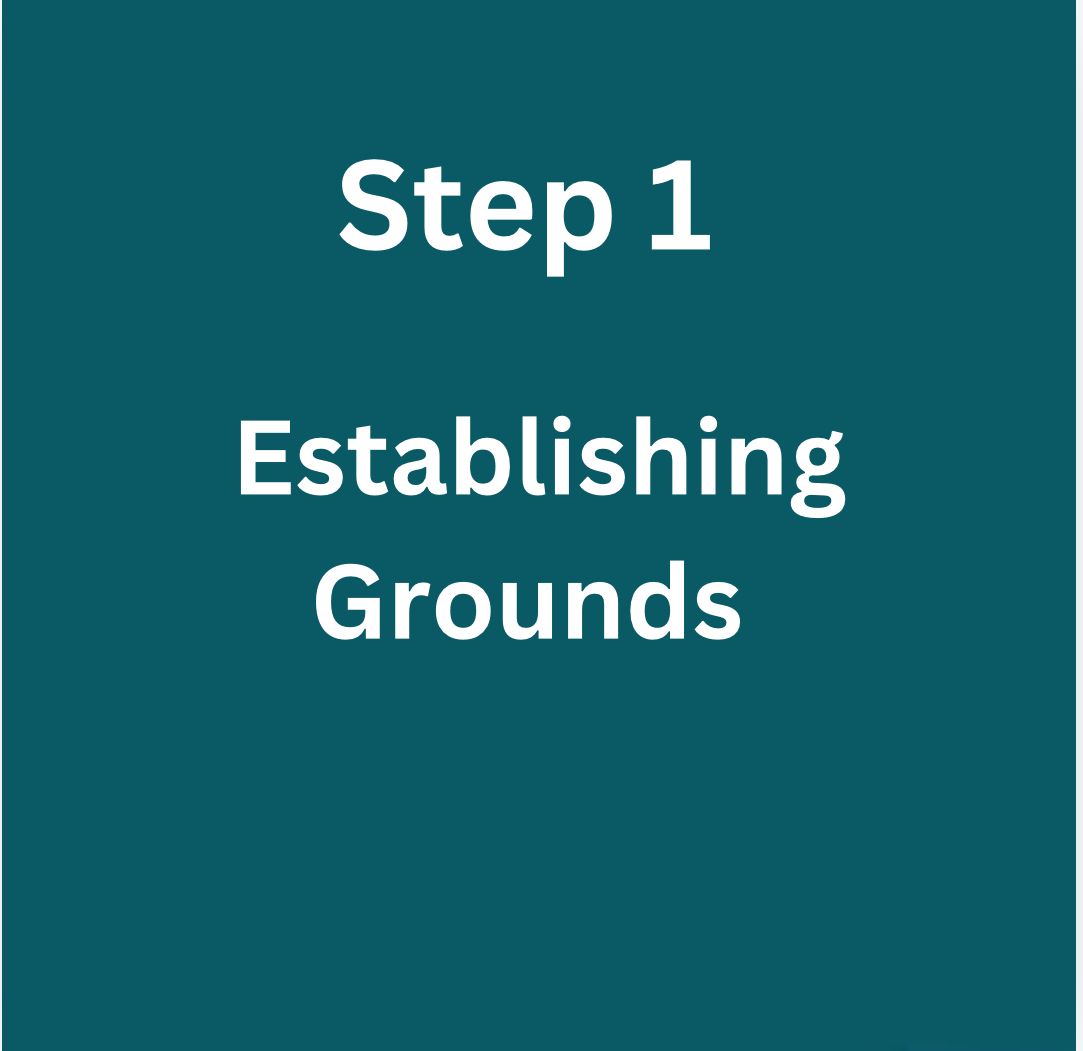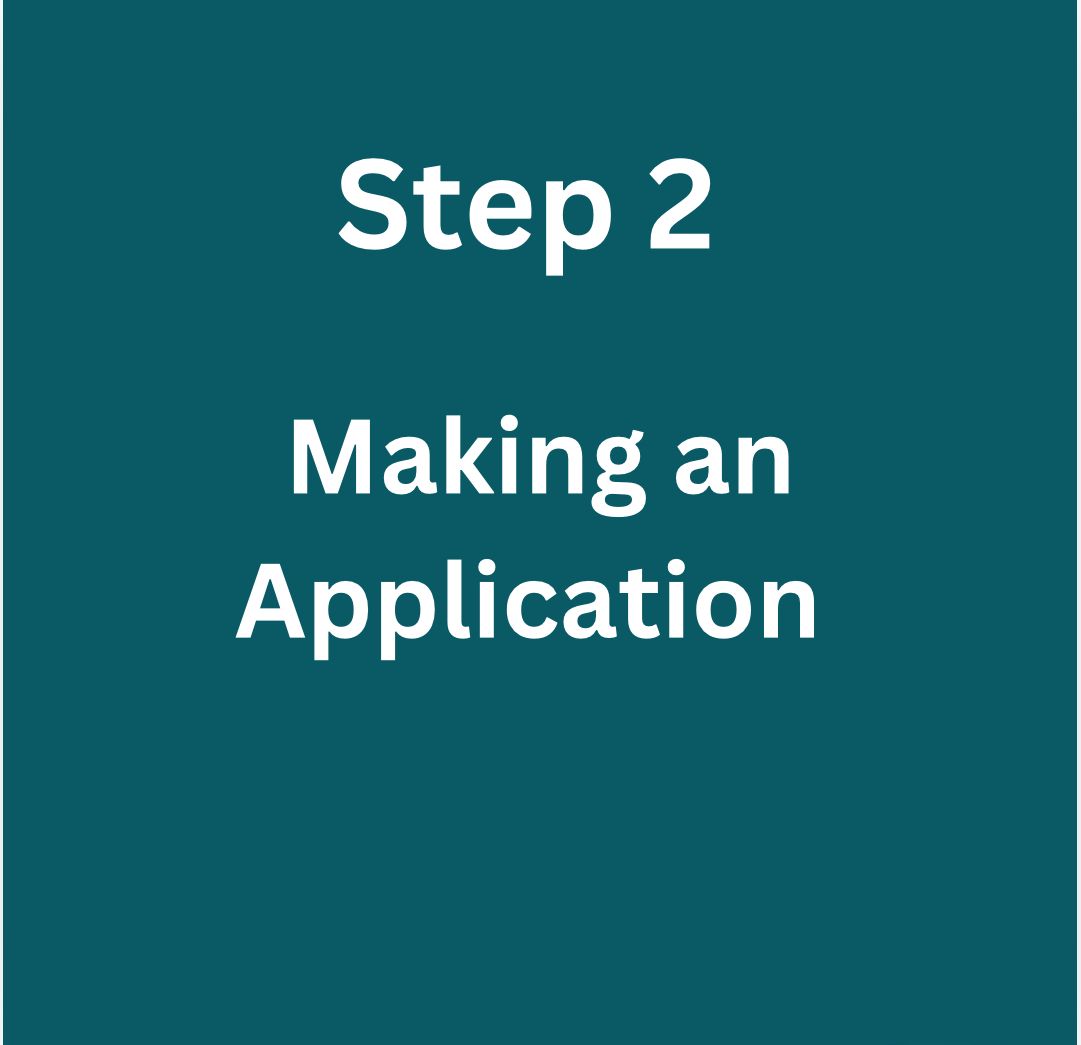Have you been to court and entered a guilty plea and have since realised this was a mistake? Did your solicitor at court rush through their conference with you and you did not have enough time to consider the evidence, or have that explained to you in detail; the law and potential defences? This is something we are hearing more and more as the courts and Crown Prosecution Service (CPS) are getting inundated with cases and sadly the process for many defendants is one which is rushed, misinformed, and where there seems to be allowances for missing or incomplete initial disclosure. Removing the plea entered is an option some defendant's may have who have found themselves in this position and our team are here to provide advice and support in this situation.
A defendant can change their guilty plea at any stage prior to sentence, but it can be tricky. Referred to as vacating your plea in the legal wor
ld, changing a plea to not guilty is often a difficult process which requires careful preparation and expert legal arguments to be made as part of the application. The Court of Appeal has stated on a number of occasions that ‘the cases must be comparatively rare where it would be proper to allow a change of plea’ (R -v- Mutford Justices ex parte Harber [1971] 2 QB 55).
Reasons you may want to vacate your guilty plea
We often speak to clients initially who feel they have been forced to plead guilty and did so in response to advice from the solicitor that represented them at the
Magistrates Courts. They have then returned home and having digested the proceedings against them realised that in fact they should never have pleaded guilty and want to quickly rectify this before sentence. I have often spoken to clients who have not seen the evidence against them, nor had it properly explained which begs the question how you can plead guilty to an offence when you don’t know what the offence is, the law you have allegedly broken or how strong the case is against you.
Additionally, and we see this in many
youth cases, a defendant may want to have proceedings over quickly due to the anxiety and fear, but don’t really understand the consequences of a guilty plea nor had it been explained to them. Mental health and psychological factors at the time the plea was entered may be important factors taken into consideration when applying to vacate a guilty plea.
The full credit provided to a defendant who pleads guilty at their first Magistrates Court appearance can be an appealing factor in the moment. The criminal justice system do encourage defendant’s to plead guilty and as a result this encouragement was rolled out by the ‘Early Guilty Plea’ scheme, giving full discount when the guilty plea is entered at the magistrates court, which can often be before evidence has been served by the prosecution in a full and proper form. When the evidence is then served, it may be a realisation to the defendant the facts on which they have pleaded guilty to, and may dispute the facts and therefore believe that they are in fact not guilty of the alleged offence.
The Procedure For Changing a Guilty Plea
What Happens After The Hearing?
If the application is successful your case will start again from the beginning and your guilty plea will be changed to a not guilty plea. Your case will then proceed to
trial and preparation for this will begin.
If the application is refused, your guilty plea will remain and the case will continue for
sentence as planned for another date.
What Does Waiving Legal Professional Privilege Mean?
By waiving legal professional privilege this means the defendant is allowing the court and the prosecution to see their case documents which exist between them and their previous solicitor. This information would otherwise be strictly confidential. Where it can be required for legal professional privilege to be waived, is where the previous solicitor’s advice and representation forms the grounds for the application to vacate plea. In this instance and if the prosecution are not agreeing to the application made to vacate your guilty plea, they may call your previous solicitor to question them about the advice they gave to you.
The decision to waive legal professional privilege must be done with great care, and with the understanding that comments you may have made about the case to your solicitors could go against you.
How Eventum Legal Can Prepare Your Case for an Application to Vacate Your Guilty Plea
Our lawyers have been representing clients facing this legal dilemma for many years and understand the frustration and upset a person can face knowing they have pleaded guilty in error. Taking a methodical and expert approach to this complex area of law is crucial, our lawyers will firstly discuss your case and concerns during an
initial free consultation. We will then proceed to obtain all case papers and fully consider those to enable us to prepare a strong application to the court.
We may require you to waive legal professional privilege and we will discuss this with you and the potential consequences.
Once we have prepared your application and fully explained the legal process to you the application will be served.
One of our expert lawyers will attend court when the case is listed to represent you and make legal submissions in person.
If you would like to discuss a plea you have entered that you feel was done so due to being under pressure or, you did not see the evidence or a defence was not explained to you then
contact us today, for fully confidential and non-judgemental advice.







